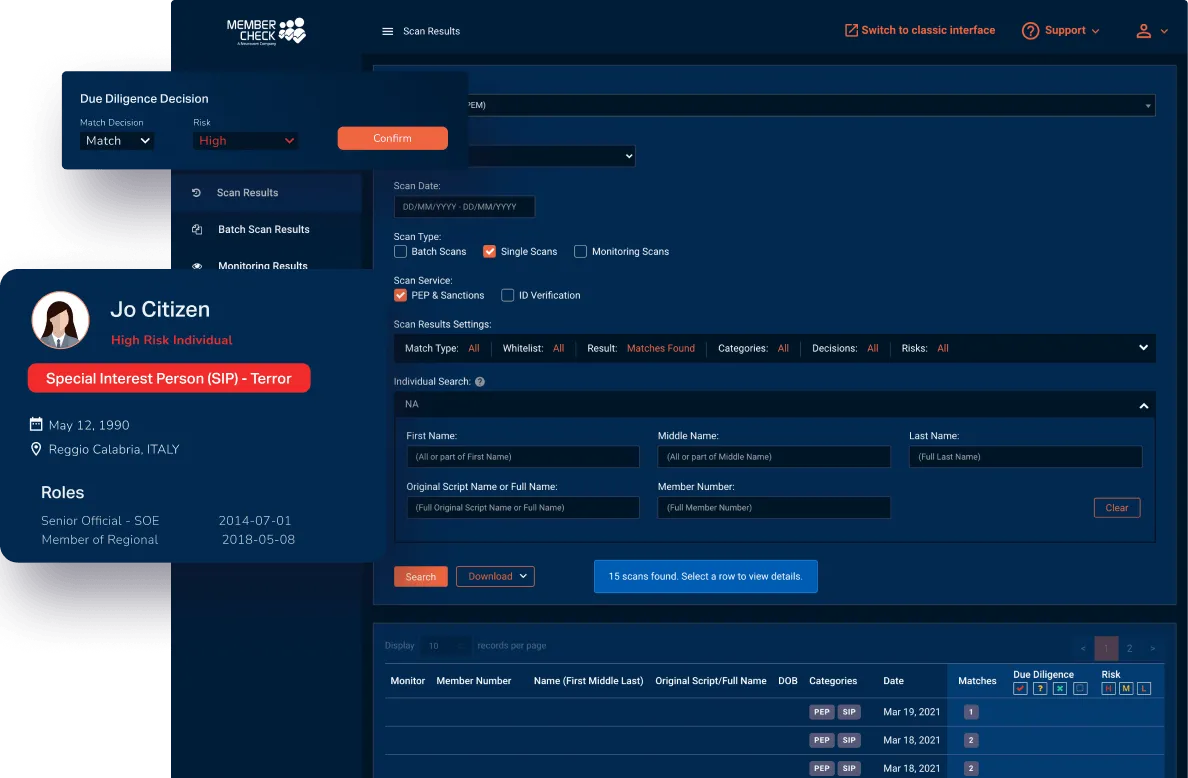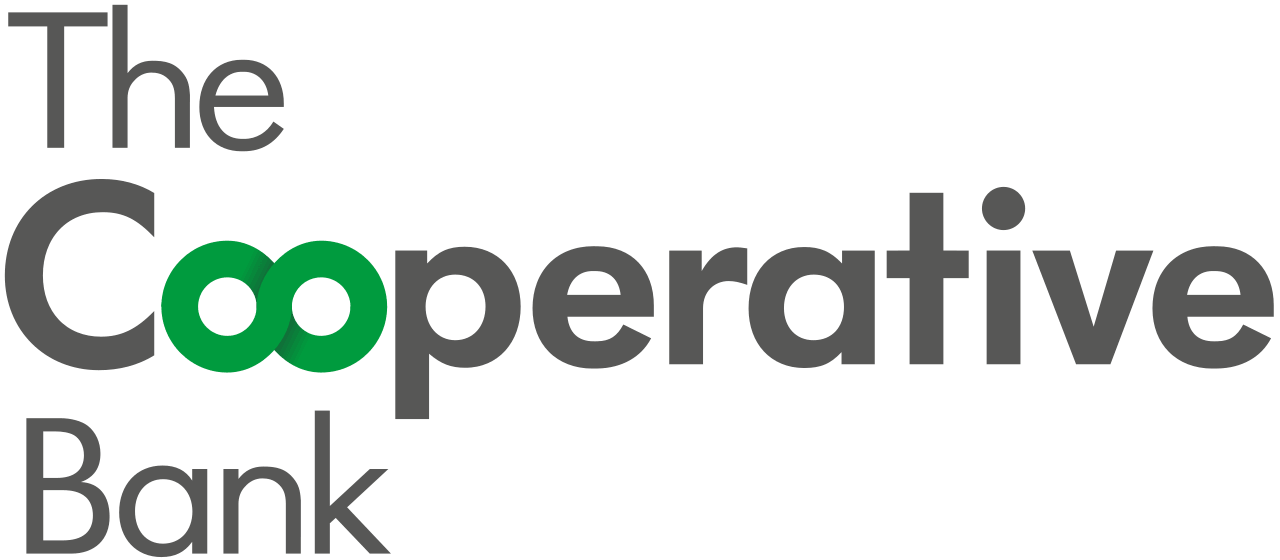

AML/CFT Supervisors in Portugal
According to Law 83/2017 (AML Law), the authorities responsible for imposing AML requirements on financial institutions, depending on the type of institution, are the Bank of Portugal, the Portuguese Securities Market Commission, thePortuguese Insurance and the Pension Funds Supervisory Authority and theGeneral Inspectorate for Finance. In other business sectors, the responsible authorities are professional associations and other government agencies and authorities with supervisory powers within the relevant business sector.
Portugal’s Financial Intelligence Unit (UIF-Portugal)
Portugal’s Financial Intelligence Unit (UIF-Portugal) is responsible for preparing and updating statistical data related to suspicious transactions that have been reported by the obliged entities and their results, and data related to transnational information requests that have been sent, received, or refused by the FIU.
How to comply with AML obligations in Portugal?
The AML Law imposes the duty to establish an internal control system for the effective management of ML/TF risks. It must include, at least:
The designation of a person of senior management to be responsible for monitoring compliance with the applicable legal framework.
The definition of an effective risk management model, with practices for the identification, assessment, and mitigation of ML/TF risks.
The definition of appropriate tools or information systems necessary for the effective management of the risk of ML/TF. Among these are information systems or procedures that allow the assessment or detection of the qualities of “politically exposed person”, “close family member”, “person recognised as closely associated” or “holder of another political or public office”.
The definition of internal means that allow employees to communicate through a specific, independent and anonymous channel, any violations of the AML law, the regulations that implement it and the internal policies, procedures and controls.
The development of policies, procedures and controls regarding the identification and diligence procedures of clients when:
- Establishing a business relationship
- Carrying out occasional transactions:
- In an amount equal to or greater than 15 000 euro, regardless of whether the transaction is carried out through a single operation or through several related operations
- That constitute a transfer of funds in an amount greater than 1,000 euros
It is suspected that the transactions may be related to ML/TF
There are doubts about the veracity or adequacy of obtained customer identification data.
These procedures involve:
Identifying and verifying the identity of Clients and Beneficial Owners.
Obtaining information on the purpose and intended nature of the business relationship.
Obtaining information on the origin and destination of funds handled in the context of a business relationship or in the performance of an occasional transaction when the customer's risk profile or the characteristics of the operation so justify.
Maintaining continuous monitoring of the business relationship, to ensure that the operations carried out in the course of that relationship are in line with the entity's knowledge of the activities and risk profile of the customer and, whenever necessary, of the origin and destination of the funds moved.
Simplified(or enhanced) due diligence measures may be carried out if the risk of ML/TF is high.
- The conservation, for a period of 7 years after the moment in which the identification of the customer was processed or, in the case of business relationships, after the end of:
- Copies, records or electronic data extracted from all the documents obtained or made available by the customers or any other persons in the context of the due diligence.
- The documentation included in the processes or files relating to the clients and their accounts.
- Any internal or external documents, records, and analysis, which formalise compliance with the provisions of the law.
- The definition of adequate continuous training programs for employees of the obligated entity.
- The disclosure to employees of the obligated entity whose functions are relevant for the purpose of preventing ML/TF of updated and accessible information on the respective internal rules of execution.
- The institution of investigation procedures that guarantee the application of high standards in the process of hiring employees.
- The establishment of mechanisms to control the performance of employees whose functions are relevant for the purpose of preventing ML/TF.
- The establishment of mechanisms that allow regular testing of the control system’s quality, adequacy, and effectiveness, including through the establishment, when applicable, of an independent audit function.
- Ensure that your employees and anyone else that perform any duties for the undertaking are provided with training to familiarise them with the obligations applicable under the AML Act.
What are my AML/CTF reporting obligations?
Obliged entities on their own initiative immediately inform the Central Department ofCriminal Investigation and Prosecution and the Financial Information Unit whenever they know, suspect or have sufficient reasons to suspect that certain funds or other assets come from criminal activities or are related to the financing of terrorism.
Furthermore, according to Ordinance 310/2018, they must communicate to the same entities of cash transactions of 50 000 euros or more, as well as transactions of those values by cheques or any other paper document drawn on the payment service provider. In addition, fund transfers of 50 000 or more to or from risky jurisdictions, early repayment of funds and insurance policies of 50 000 or more and operations or transactions of gambling services providers must also be communicated.
More information:
How can MemberCheck Help?
Our clients are provided with a secure and simple solution in regard to scanning for politically exposed or high-risk individuals, as well as checking names against sanction, regulatory, law enforcement, and other official lists.
Use our sophisticated scan filters and due diligence workflow to minimise the amount of time you spend sorting through, false matches. Scan results and reporting sections allow you to access customer details, whenever and wherever required, as well as download reports, to customise for further investigation or to provide evidence of your AML program compliance for auditing purposes.









* This page is intended as general information only and should not be relied on as the sole source of information for your AML obligations and AML program. Please visit your local regulatory authority sites for the latest relevant and full information.


























